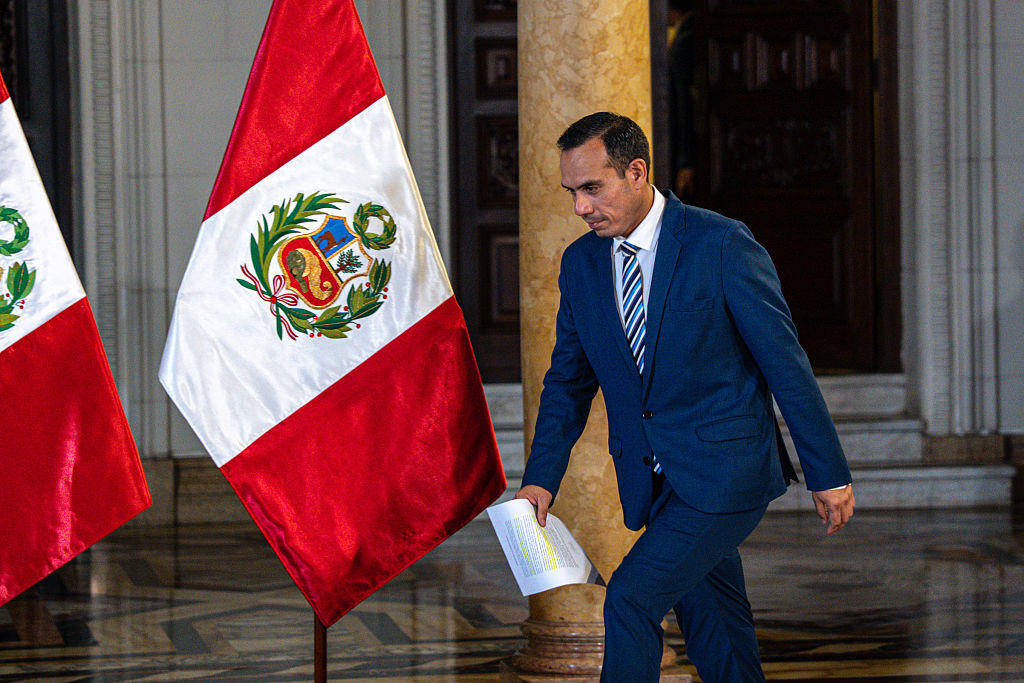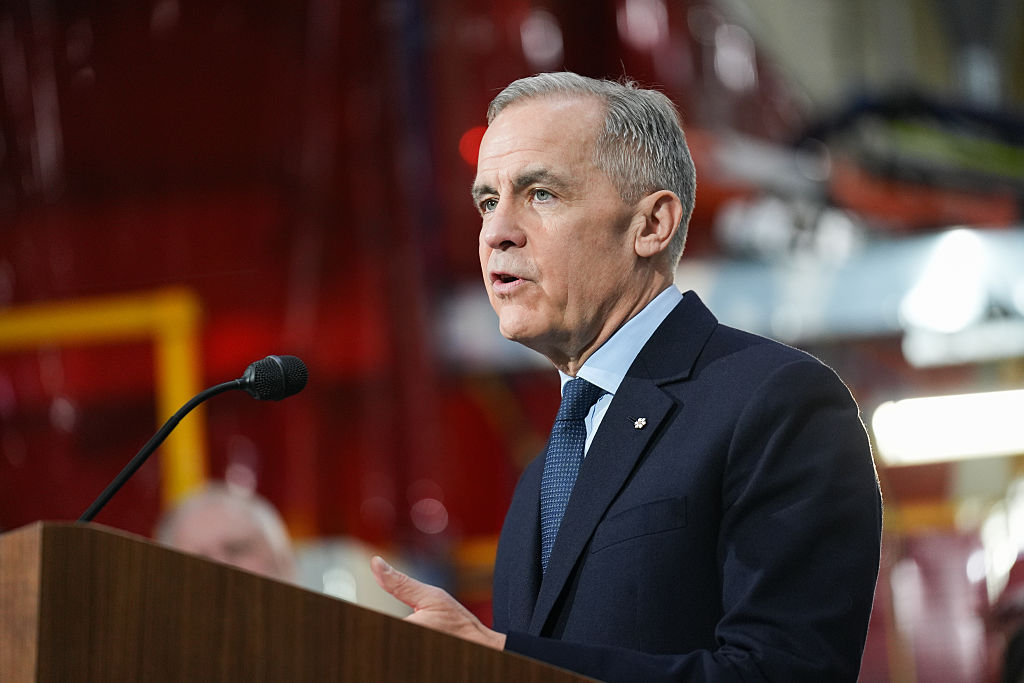Fujimori Convicted in Landmark Ruling
Fujimori Convicted in Landmark Ruling
After a 15-month "mega-trial," a Peruvian court found former President Alberto Fujimori guilty of human rights abuses. The verdict makes him the first democratically elected leader in Latin America convicted in a human rights case in his home country.
The trial of former Peruvian President Alberto Fujimori drew to a close with a guilty verdict on April 7. After dozens of witnesses took the stand over a period of 15 months, Fujimori became the first democratically elected leader in Latin America to be tried for human rights abuses in his home country. He also became the first to be convicted, receiving a 25-year-sentence for his role in death squad attacks that claimed 25 lives in the early 1990s during Peru’s war against leftist guerillas.
But while a majority of Peruvians believe Fujimori is guilty, his televised megajuicio (“mega-trial”) has caused rifts in the Andean country. His critics say his government was corrupt and committed gross human rights violations yet supporters contend his administration reined in terrorism and hyperinflation. As the Guardian reported, rival groups clashed outside the tribunal building at the time of sentencing.
Fujimori won the presidency in 1990 at a time when Peru found itself engulfed in a violent struggle between the military and guerilla groups, the largest of which was the Shining Path. During that conflict, more than 70,000 people died. 37 percent of them were killed by armed forces, according to the final report released by Peru’s Truth and Reconciliation Commission. Fujimori, of Japanese descent, fled to Tokyo in 2000 while a corruption scandal boiled over back home. He tendered his resignation by fax. Five years later, he was arrested in Chile and extradited to Peru to face trial.
Human rights advocates cheered the conviction of the former leader, who was already serving a six-year prison sentence handed down in 2007 for abuse of authority in the final months of his presidency. “Justice has been done in Peru,” said Javier Zúñiga, an Amnesty International delegate who observed the trial. “This court’s ruling is important not only because of its content, but also because it demonstrates the crucial role an independent tribunal can play in addressing past abuses and shoring up the rule of law,” said Human Rights Watch’s Maria McFarland. On the day of the court’s decision, the Washington-based National Security Archive posted declassified documents submitted as evidence in the court proceedings and that detailed the Fujimori administration’s creation of “assassination teams.” An armed squad called Colina carried out the massacres for which Fujimori was charged.
As his trial reached its end, Fujimori defended his government, saying, “I had to govern from hell, not a palace.” The septuagenarian, who doctors say runs an elevated risk of suffering from a blood clot, may not live to see the end of this sentence and has yet to face trial for corruption. But the future of his imprisonment remains in doubt, given that his daughter could run for and become president. Keiko Fujimori, who leads in some polls for the 2011 presidential election, says she would pardon her father if elected. Gustavo Gorriti, a prominent Peruvian journalist who was kidnapped by a death squad during Fujimori’s presidency and for whose abduction the former president was also charged, told the Financial Times that Keiko would become a leader of “a movement that has been so harmful, and so toxic,” if she runs for office.
Peruvian daily El Comercio offers a multimedia presentation of the trial, including more information about the massacres and kidnappings during Fujimori's presidency.








